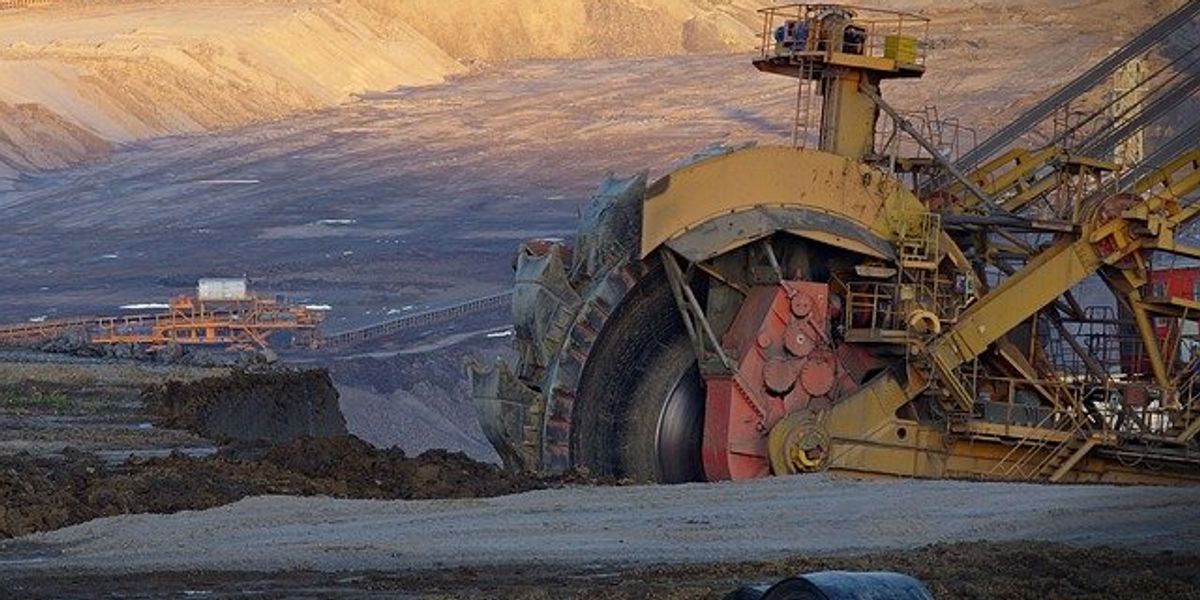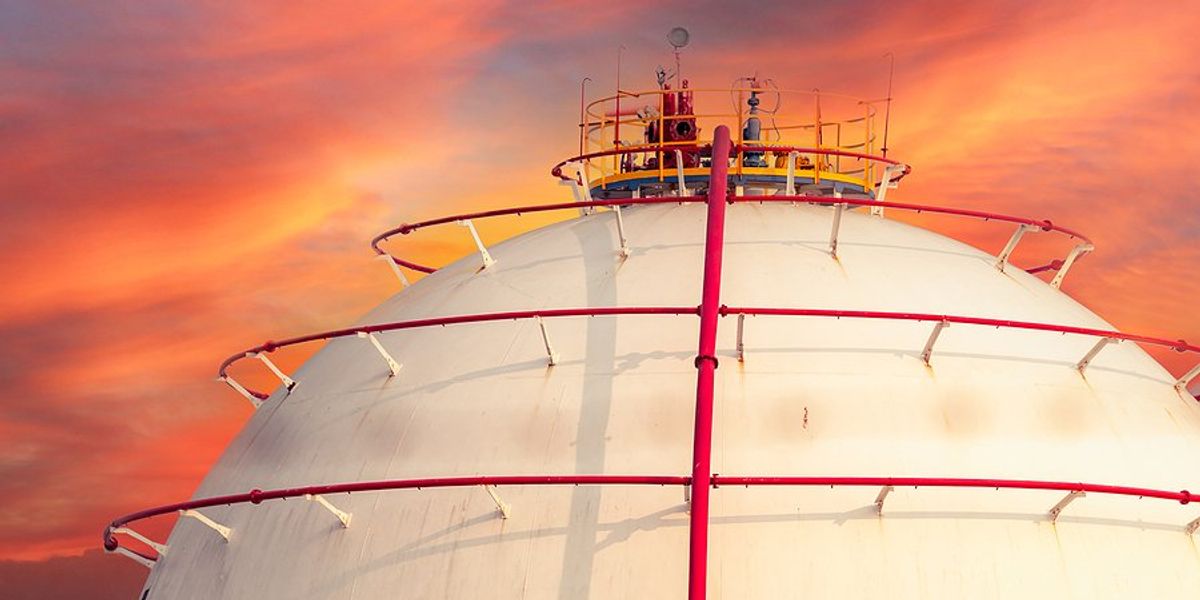
Peter Dykstra: As inevitable as blood and taxes
A brief history of oil and warfare.
Just like the looming disaster in our future, the unfolding tragedies in Ukraine are rooted in oil.
One of the less-remembered aspects of World War I is Britain’s effort to corner the then-nascent market in Middle Eastern oil.
“Oil explorer” William Reynolds drilled seven years of desert dry holes in what is now known as Iran before his first big strike in 1908. The Anglo-Persian Oil Company was born, and the rush was on.
Turkey militarily challenged Britain’s oil control during and after the war. A young Territories Minister named Winston Churchill fended them off, including the first, primitive aerial use of chemical weapons: Barrels of phosgene gas hurled off a biplane.
The Turks had a major oil strike near Kirkuk, Iraq, in 1927. In Saudi Arabia 11 years later, an American-owned well came in—the first strike in what became known as the world’s largest oil field.
In World War II, a major part of Japan’s strategy was to cripple the U. S. Navy, then make a run to capture the oil fields in Indonesia and Malaysia. The Germans staged their ill-fated betrayal of the Soviet Union in part to seize the Caspian Sea oilfields. While many feel the Nazis lost the war with this failed move, it was a loss caused by an Army’s need for oil.
In 1953, fed up with his nation ’s fealty to oil, Iranian Prime Minister Mohammad Mosaddegh nationalized Big Oil’s Iranian assets. He fell victim to a coup the same year—even though it took nearly 70 years for the U.S. to admit what the rest of the world had long assumed: The CIA had staged the coup.
Let’s race through a few more oily events.
- The 1973 “energy crisis” saw a tightening of supply by OPEC, the Organization of Petroleum Exporting Countries, and sent U.S. gasoline prices soaring to 36 cents a gallon (yikes!). A repeat OPEC embargo in 1979 saw prices shoot up to 86 cents (that’s $2.31 a gallon in recent prices).
- The 1979 Iran hostage crisis roiled U.S. foreign policy and sunk Jimmy Carter as a one-term president. Iranians still seethed over Mosaddegh’s overthrow and dozens of other indignities.
- George H.W Bush’s 1991-92 liberation of Kuwait after its occupation by Saddam Hussein’s Iraq saw the largest intentional release of oil in history as Iraq abandoned its offshore wells in the Persian Gulf.
- His son, George W. Bush, looked America in the eye during his 2006 State of the Union speech and said “America is addicted to oil.” Under the remaining two years of his presidency, we did virtually nothing to kick the habit.
- In March 2010, President Barack Obama authorized an expansion in offshore drilling, stating that technological advances ensure that offshore operations “generally don’t spill.” Three weeks later, the Deepwater Horizon rig explodes in the Gulf of Mexico, killing 11 and triggering the largest offshore oil spill in history.
And now, with oil and gas as its economic base, Vladimir Putin and Russia is allegedly committing war crimes as he overruns Ukraine.
There's one thing that’s bothered me about America’s odd love affair with petroleum. Many of us are intensely bothered, or even offended, when we perceive that Big Government is keeping us down through excessive taxes or regulation. But we tend to cut Big Oil far more slack when prices shoot through the roof (even when the U.S. “roof” is half that of Europe’s).
Peter Dykstra is our weekend editor and columnist and can be reached at pdykstra@ehn.org or @pdykstra.
His views do not necessarily represent those of Environmental Health News, The Daily Climate, or publisher Environmental Health Sciences.
Banner photo: Moldova - People fleeing the military offensive in Ukraine. (Credit: UN Women)













